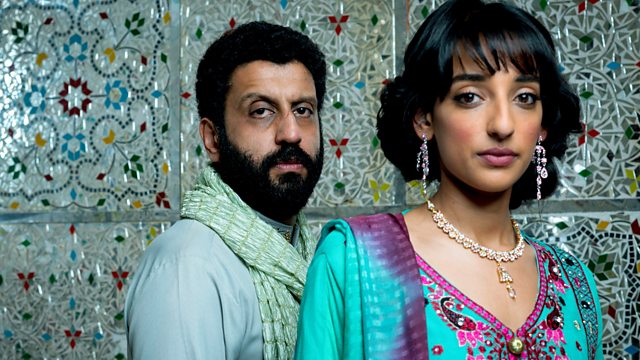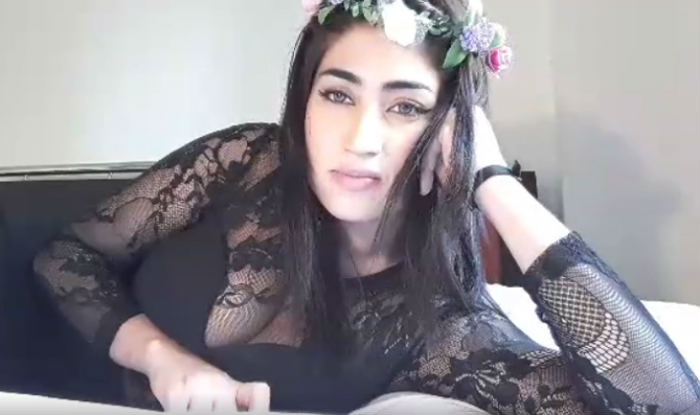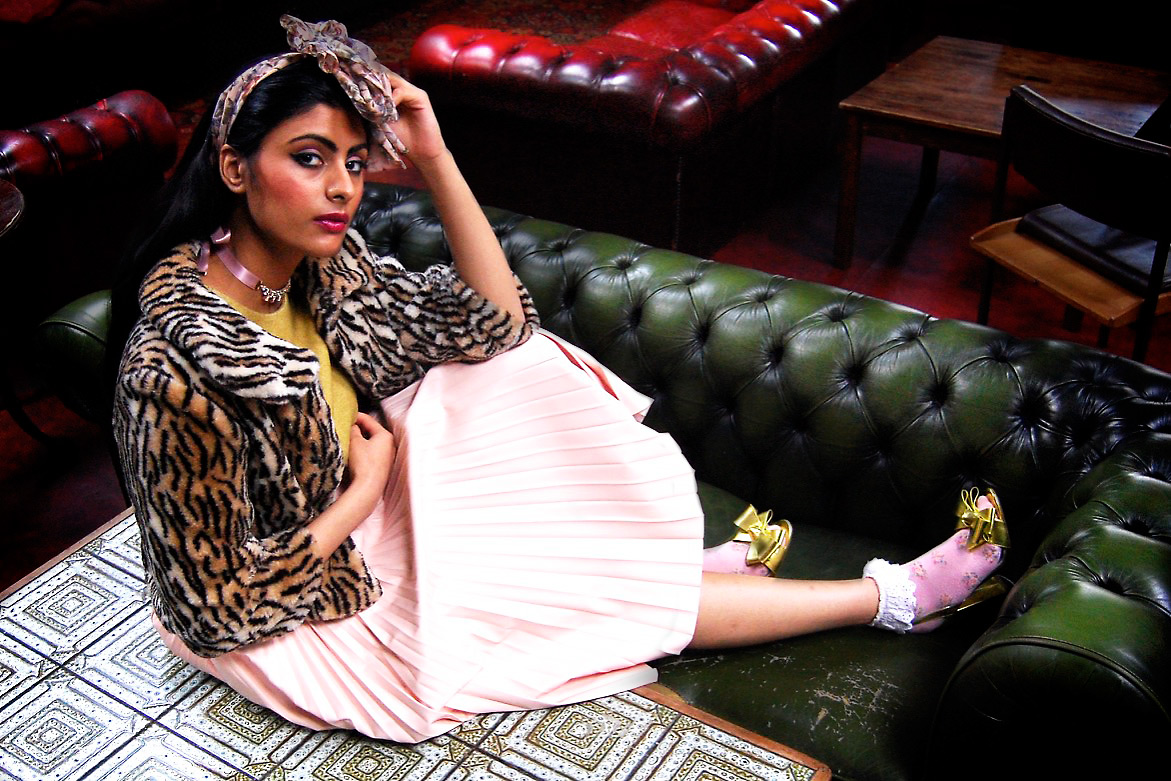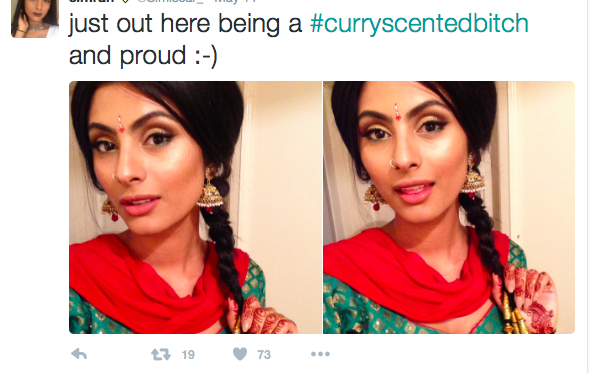
It’s been reported in the last five years an estimated 60 women in the UK have been the victim of honour killings, with a further 12,000 women being subjected to crimes which include abductions, beatings, manipulation and abuse. BBC’s recent one-off show, Murdered By My Father, was created in an attempt to address the issue of honour killings in the UK, and centres around Salma, a South Asian teenager who battles the issues facing her when she essentially, falls in love with the wrong person.
I have spoken to many South Asians about the show – from family to Twitter followers – and all have commented on how painfully close to home the show hit. Some couldn’t watch the episode in one sitting, some left, crying, and some – like me – were incredibly anxious throughout. This is because whilst honour killings may not be the norm, our communities’ obsession with honour is; I remember as a teenager being reluctant simply talking to my parents about my male friends out of fear it would reflect “badly” upon them, because we are conditioned into thinking we bring honour/dishonour though our actions. Whilst it is no longer the case personally, many women in our community never have the feeling of fear leave them, and like Salma in the show, sadly end up hiding aspects of their lives from parents.
Young South Asians are haunted by the ambiguous “they” and are left constantly wondering what “they” will think of our actions. Growing up, I heard phrases such as “what will others think” all the time. Whilst I can’t exactly say how or why the concept of “honour” is so important in our communities, I can confidently say it is to do with the idea of maintaining reputation and face.
Actions out of the traditional norm are considered deviant and said to reflect badly upon parents. The idea of honour is not a new phenomenon, but rather an idea that has been around for centuries, and is the result of a deeply, deeply patriarchal mindset. Women are used as symbols of honour – we only have to look at the partition of India in 1947 to see the way women’s bodies were appropriated (through rape/abduction/murder) and men even went so far as to kill their wives, daughters and even mothers in order to “prevent” the potential “shame” that would be bought upon their family during this time.
Worryingly, the concept of honour is still alive and kicking, manifesting itself through control, forced marriages, abuse and even female foeticide, to name a few. The patriarchal norms are hidden behind the guise of tradition, and, distressingly, are being passed into the younger generations; in Murdered by My Father this is portrayed through the character of Hassan, Salmah’s younger brother. He sees the abuse and hears the misogynistic talk, but is told it is justified because of the importance of family. And I think this is one of the strengths of the show – it is not just about honour killings, but about misogyny, obsessions with honour, community, and importantly how these values spread. It is the accumulation of these problems that feed into an honour killing, and is not something that can be ignored, nor something that isn’t happening in the UK. The most notable case being the murder of Shafelia Ahmed in 2003 which was later found to be done by her parents, again under the guise of maintaining family honour.
Murdered by My Father has also received backlash from the community due to the argued orientalist narrative the show carries. It is important for us to tell our own stories, and in my opinion, Vinay Patel has done a god job in the capacity. I agree it is damaging that the worst aspects of South Asian culture are often the only points of representation in the media, but that is a topic worthy of a separate discussion. It is tiring to have our communities viewed as being shrouded in too much culture, but
Murdered by My Father was a brave show, and it has started conversations in circles that never would have these talks otherwise. It is not just a discussion that is happening on Facebook or Twitter, but in homes too. This inter-generational conversation is invaluable and I am hoping now the conversation has started it will grow to not only encompass and address more, but to be a wave for change in our communities.









